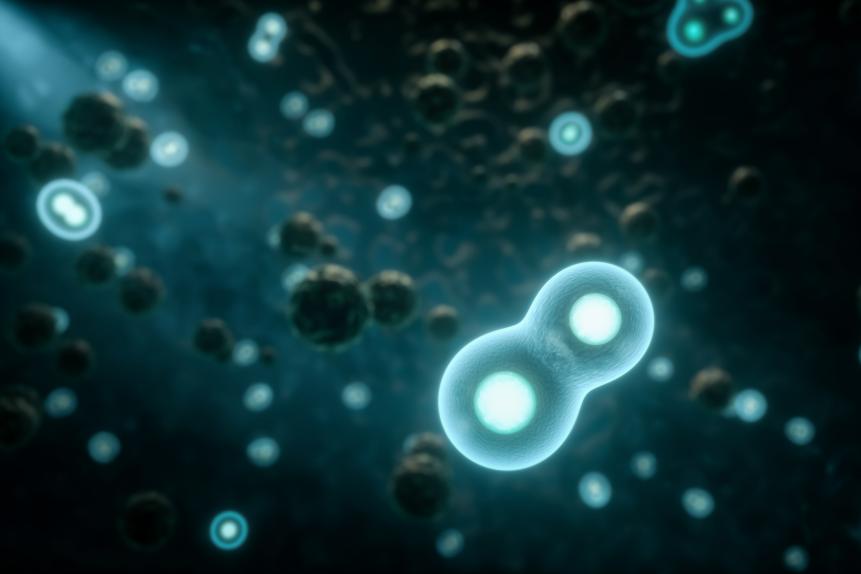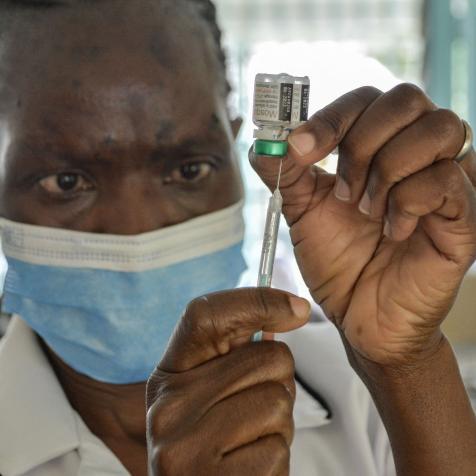
Getty Images
Does Your Body Really Replace Itself Every 7 Years?
The human body is constantly renewing itself.
It's a beautiful idea, when you think about it: You can leave the old you behind and become a completely new person every seven years. Unfortunately, it's just not true. Chances are you can't actually remember where you heard this, but the truth is that the seven-year myth isn't even a rough average of every cell's lifespan.

Getty Images/Altayb
The Birth of a Cell
To understand how often your cells replace themselves, you need to understand how cells come into being in the first place. Your body can make new cells in a couple of ways. First, existing cells can divide via a fairly simple process called mitosis. During mitosis, a parent cell splits into two new cells. These new cells, called daughter cells, are basically copies of the original cells.
The second way that cells are created is from stem cells. These are special cells found throughout the body, although in lower numbers. They're able to not only create copies of themselves via mitosis but also make new "specialized" cells. Specialized cells include blood cells and nerve cells, which can't make copies of themselves.
To control the growth of new cells, old cells also need to die. For example, the spaces between your fingers and toes are partly due to cell death when you are born — this programmed cell death is required in order to prevent you from having webbed hands and feet. After some time, all cells eventually shrivel and die.
Cellular Differences
But not every cell's lifespan is the same. For example, the cells that line your stomach can renew as fast as every two days, since they're often in contact with digestive acid. Cells that make up your skin are replaced every two to three weeks. As the main protection against the environment, your skin needs to be in top shape.
Red blood cells, meanwhile, last for about four months. White blood cells, the main players in fighting infections, can last from a few days to a little over a week. In contrast, your fat cells live a fairly long time — an average age of 10 years. The bones in your body also regenerate about every 10 years.
If you think 10 years is a long time, you haven't seen anything yet. Other parts of your body are just as old as you are. For example, you only get one brain. Brain cells don't regenerate as you age, although recent studies say that cells in your hippocampus, the part responsible for memory, can regrow. Your tooth enamel is never replaced, and the lenses of your eyes are also with you for life.
Your body is made up of different cells, each with different functions and lifespans. Just as you need to replace the tires on a car more often than the transmission, some parts of your body need to be refreshed sooner than others. Even after all this replacement, though, you're never really a whole new you. When it comes to certain cells, you're stuck with them for life.
This article first appeared on Curiosity.com.


















